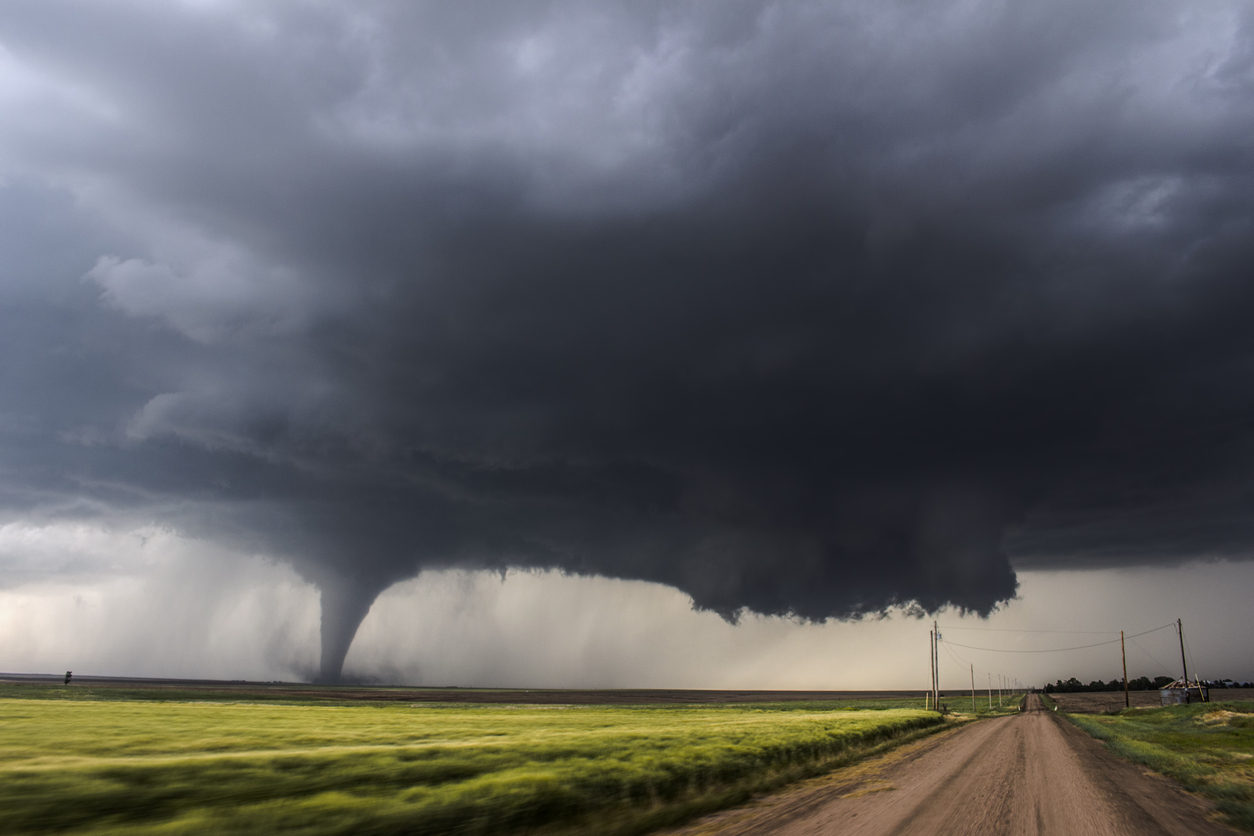When I get hired on property damage cases, part of the materials I receive from the policyholder, or the public insurance adjuster, is a full or partial denial letter in which the carrier fairly specifically sets out reasons and quotes policy provisions supporting the denial of coverage. If I am hired on a case and I don’t see a denial letter or the reasons for the denial are not clear then I will ask the carrier to set out in writing the specific reasons for the denial and I ask them to cite policy provisions.
One reason for a denial letter is to set in stone in a written record exactly why the carrier says there is no coverage. During the ensuing litigation if the carrier comes up with a bunch of other excuses, I want to show what the real reasons were during the claims handling process and prove that any new excuses are just those…excuses.
In a recent case out of the Northern District of Oklahoma, the trial court found that, in Oklahoma, an insurance carrier can come up with new excuses for denying coverage after the claim is denied, after the denial letter, and after a lawsuit has been filed.1
In McCrary, the plaintiff suffered a series of water leaks under their foundation and filed multiple claims against the insurance company over a two-year period. The carrier partially denied each claim and sent the policyholder a letter as to each claim, which specifically set out reasons for the denial and citing various the policy provisions (exclusions) relied upon. The policyholder filed suit against the carrier. After the lawsuit was filed the carrier added the “Earth Movement” and “Seepage or Leakage” exclusions as reasons why coverage was denied. The carrier moved for summary judgment.
The policyholder argued that the carrier should be estopped from relying on the “Earth Movement” and “Seepage or Leakage” exclusions because the carrier did not cite or rely upon them when it denied the claim.
The court granted partial summary judgment for the carrier citing an unpublished Tenth Circuit for the holding that,
Courts in this Circuit have declined to prohibit an insurer from enforcing a policy exclusion that it did not cite as a basis for initial claim denial.
The court also pointed out that the carrier had included a paragraph in the denial letters saying that by setting out defenses and exclusions in the letter the carrier was not waiving any other terms, provisions, conditions, definitions, or exclusions in the policy.
While I understand the court’s ruling, it is bothersome that a carrier can deny coverage based on certain exclusions or provisions of the policy and then be allowed to change those reasons after the claim is denied and suit has been filed.
1 McCrary v. Country Mutual Ins. Co., No. 13-CV-507, 2016 WL 1273243 (N.D. Ok. Mar. 31, 2016).



